If you were to find some mysterious, enticing doorway—maybe it shows itself along a path somewhere you’ve taken a million times before—would you open it and walk through? And if you did, as you meandered through the dimly lit tunnels, hoping to find some magical end, some pot of gold or key truth that would change you forever, who might you hope to see at the end of the long hallways to greet you? Probably someone like Bootsy Collins, that’s who. Collins, who released his latest studio album, Album of the Year #1 Funkateer, on April 11, is the type of person who can illustrate an idea as if reading it from a tome of spells. He can pick up a bass and mesmerize. Or you can look into his eyes and simply ask, “What is the secret?”And then he answers.
Videos by American Songwriter
“The secret is always learning,” Collins tells American Songwriter. “The secret is never telling somebody how to live. The secret is being open to any and everything that’s possible or impossible.” He continues, “Because we can always learn a better way. Even if we don’t know the better way, we can always learn. It can come from anybody. It can come from a wino. It can come from a drug dealer. Or it can come from a person high up in office. It depends on how you view it. To me, that’s the fun part.”
Known for his star-shaped glasses, bright getups and a smile like the Cheshire Cat who just ate the canary, Collins is also famous for his relationship to psychedelia. For what’s out there in all meanings of the phrase. Vibrating on those wavelengths keeps life humming for Collins. To be otherwise—to be constricted or suffocated—would be crushing. As would an opaque sense of certainty. Instead, it’s about possibility. “If we knew exactly what was going on and why we’re here and where we’re going,” says the Rock & Roll Hall of Famer, “if we knew that, we’d probably jump off the bridge or something. None of us really know but I like to leave my mind open to whatever.”
Collins believes in aliens. He laughs at the idea that anyone couldn’t. Anyone who thinks we might be the supreme, singular beings out in the giant universe. “For me, it’s funny,” he says, considering how strange or different those aliens might be, even laughing out loud at what he’s imagining. “It makes life funny, and it makes music good.” Believing in the wildness of existence, he says, paradoxically also allows him to make music with meaning. “You can actually feel it,” he says, “and share it and have a purpose. Your purpose is not to change the world. The purpose is to change yourself.”
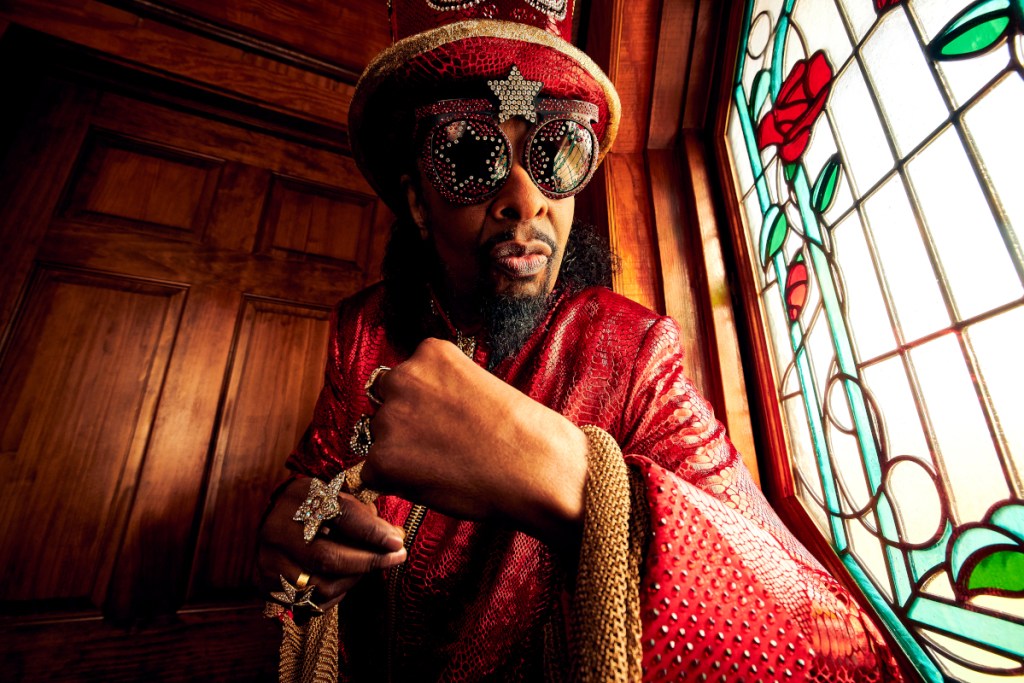
Indeed, Collins is the person you want to meet after walking through that magical door. And in a way, that’s exactly what it’s like to put on an album from him. It’s like putting on magic glasses, stepping into a portal, or rocketing through the galaxy—or doing all three at once. Album of the Year #1 Funkateer is full of bounce. It’s colorful and tasty and rife with funk. But if you ask him what that word, which has become synonymous with him, means, he’ll tell you something you might not expect. “It’s a much bigger picture than ‘funk’ was back in the day,” Collins says.
The concept has grown from something that stank, literally and figuratively, to something much grander, he explains. Something just as essential but in a different way. “Funk was a bad word,” Collins says. “It was too close to that word, F-U-C-K. They wouldn’t even play us on the radio because we were nasty. Funky. We couldn’t do interviews on the radio because they didn’t want us to mention the word funk. Now everybody says it.” For Collins, the word means making something out of nothing. “Funk is a way of life,” he says. “Funk is not having nothing but making something of it.”
Collins recalls his first guitar, one he bought for $29.99. But his brother Catfish, who was already an accomplished guitar player, needed a bassist. Collins couldn’t afford a bass, but he had the idea to get four bass strings, which he used to restring his guitar. Boom, instant bass. “That was my life dream,” he says. “It wasn’t to play with James Brown or Parliament Funkadelic. My dream was to play with my brother Catfish. That’s how it started.” (The two would later go play with both Brown and Parliament.)
[RELATED: 15 of the Best Quotes by Bootsy Collins]
When we are born, we’re funky, says Collins. And he means that literally, considering the region of the body that babies arrive from. “You got to be funky if that’s where you come from,” he laughs. “I mean, to deny it! Come on, man!”
Collins’ new album came to him in pieces. When he begins a record, he doesn’t ever really know what direction it will take him. In a way, he just finds a spot and starts digging. “Each song comes on its own terms,” he says. He’s influenced by current events, walks in the woods, and time with his dog. It comes to him; he puts it through his Bootsy Collins lens, and then he spreads it out and shares it with the world. “Now that I’m 1,000 years old,” the 73-year-old jokes, “it’s like I really love to put my messages down in a song. That’s what we did on Album of the Year.”
His new record is filled with guest stars, too, from Snoop Dogg to Ice Cube to Wiz Khalifa. And it’s got Collins’ signature sounds, from his reverberating bass to his falsetto singing. He remains one of those artists you can recognize when his song comes on. It’s distinct and instantly identifiable. From playing with the greats throughout his career, he realized he needed a sound if he was going to thrive in music. When he found the beginnings of it, he dug into it and built it up. Now, his space-aged vibe comes naturally to him. He’s developed a persona through it, and that side of him often leads the way through the rainbow muck of creation.
To aid him in his songwriting journey, Collins often leans on other artists, many of whom are decades younger than he is. “I never understood when James Brown used to talk about the young energy that we had, that we brought to the band,” Collins says. “Until I got out on my own and started realizing how being around young musicians and artists feeds your spirit. You see it in their eyes.” Collins says he is also a bit like Peter Pan. “I never grew up. People used to always say, ‘I can’t wait until I grow up.’ I was having fun at every age.”
Songs like the swaggering tracks “The Influencers” and “Fishnets” are bolstered by myriad performers’ voices. Some, you can just tell, are so happy to be working with Collins, a hero of theirs and perhaps even their parents. Even if you haven’t bought a Bootsy Collins album in a long time, he is still a giant in music, both a name and a visage you know in your soul. Born in Cincinnati, Ohio, on October 26, 1951, Collins played bass for James Brown in the 1970s before moving on to George Clinton’s band, Parliament-Funkadelic. That’s quite the back-to-back. Since then, he’s worked with and inspired just about everyone, from Flea to David Byrne. He’s released around two dozen solo albums. Today, he lives in Cincinnati, deep in the woods, where he can make music and continue the funky life.
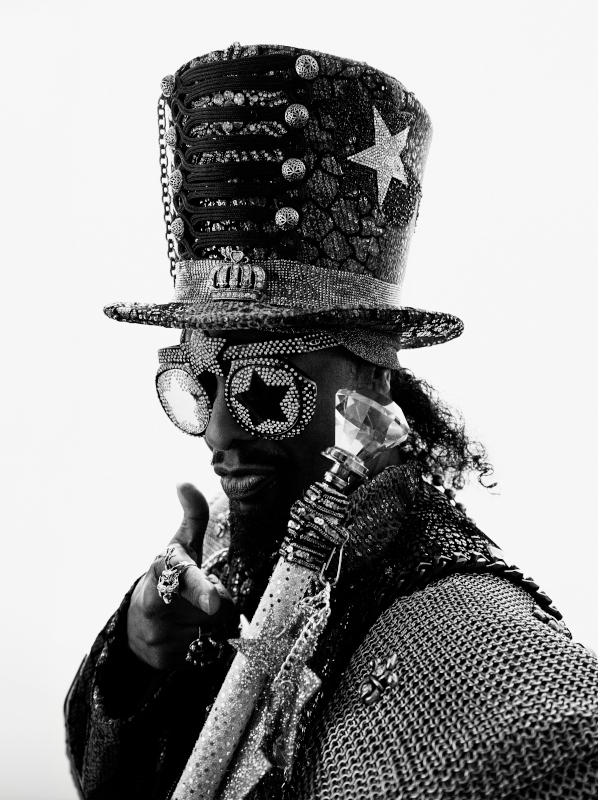
“Cincinnati was so far away from the funk, and it wanted to be a funkless town,” he recalls. “But somebody dropped a few seeds in Cincinnati, and I became one of ‘em.” The city, Collins says, used to be much more conservative. “That, to me, showed me that I don’t need to go anywhere. I should stay here and learn to love Cincinnati. To this day, I wouldn’t live nowhere else. This is my spot. If we keep working at it and understanding each other, there’s no telling how far we can go or grow.”
But what was Bootsy Collins’ best musical moment ever?
Pondering the question, he thinks back to 1975. That’s when it was. “Back in the day, in 1975, when we did Stretchin’ Out, the first album. I think that one has stuck. That one will never go away. I kind of think it’s like falling in love for the first time. It’s something you never forget.” He also remembers the moment when James Brown demanded he always play “the one.” To hit it hard on the first note in every measure. He could play almost whatever he wanted after that, he says. But to always come back to the one, that was key. “The one, son,” Brown said, “This is it here, UH!” Ever since then, Collins has been playing that one. “You can go anywhere you want to go,” he says, “but you always come back to the one. I learned that from James Brown.”
That’s probably the most important of all the stories he has when it comes to traveling around with Brown, also known as the hardest-working man in show business. And that part was true, too, says Collins. They’d go everywhere to play. For meals, they’d hit truck stops, gas stations, and bike bars. “It didn’t matter,” he says. “Because we went everywhere. Through my whole adventure, I can’t even count the many places that we’ve been.” Those times on the road made him who he’s become. “We can’t even get lost now,” he decries. “GPS makes sure you get to the right place. But when I was coming up, getting lost was the thing to do.”
If you want to get lost (in the best of ways), put on Album of the Year #1 Funkateer. You’ll be surprised by the pleasures your ears can absorb and the directions the record will take your brain. It’s a carnival of an album, one part sexy, one part devious, one part cartoon, and several parts masterful. It’s an album from someone who is himself through and through. Someone who couldn’t fathom being otherwise. But to be a human being, of course, means to be faulty and limited. Singular, yes. Perfect, no. There is no straight line to finding the truth. And that’s what is learned after opening that magical door.
“Music allows me to have a smile on my face,” says Collins. “I’m not smiling just to be smiling. The music makes me feel good. And it’s something that’s universal, that makes people feel good. It’s an addiction. And for me, it’s a great addiction compared to the other addictions that I had [in my life]. All the other addictions I’ve had, I had to try to get rid of. They were ruining my life of me and the ones that were around me. But the music saved my life.”
Photos by Joseph Ross

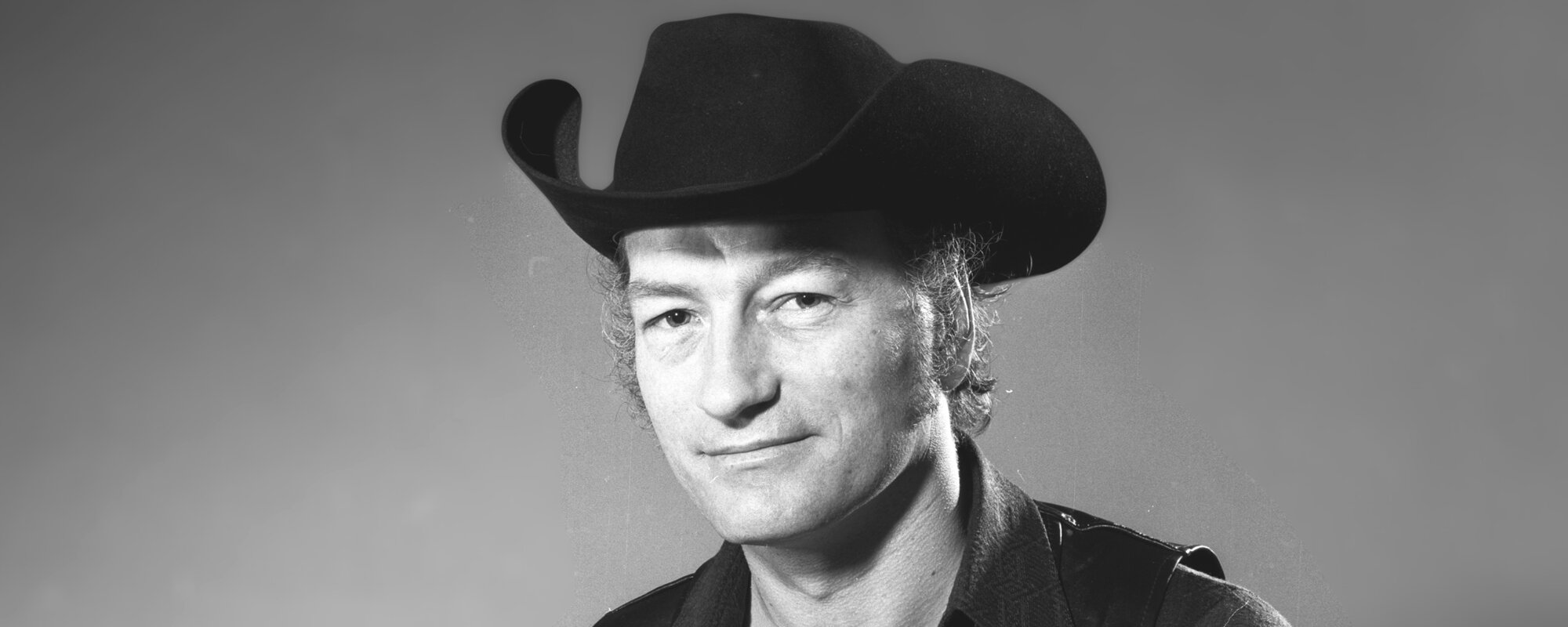
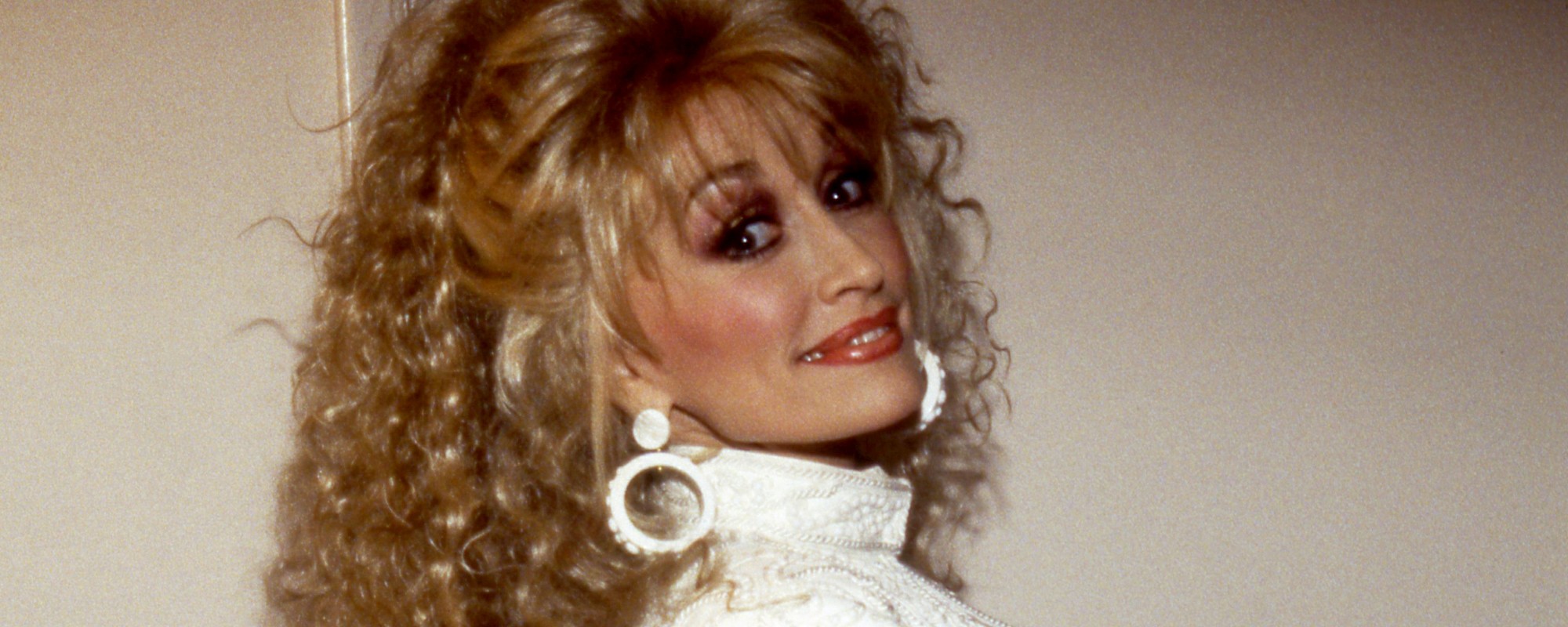
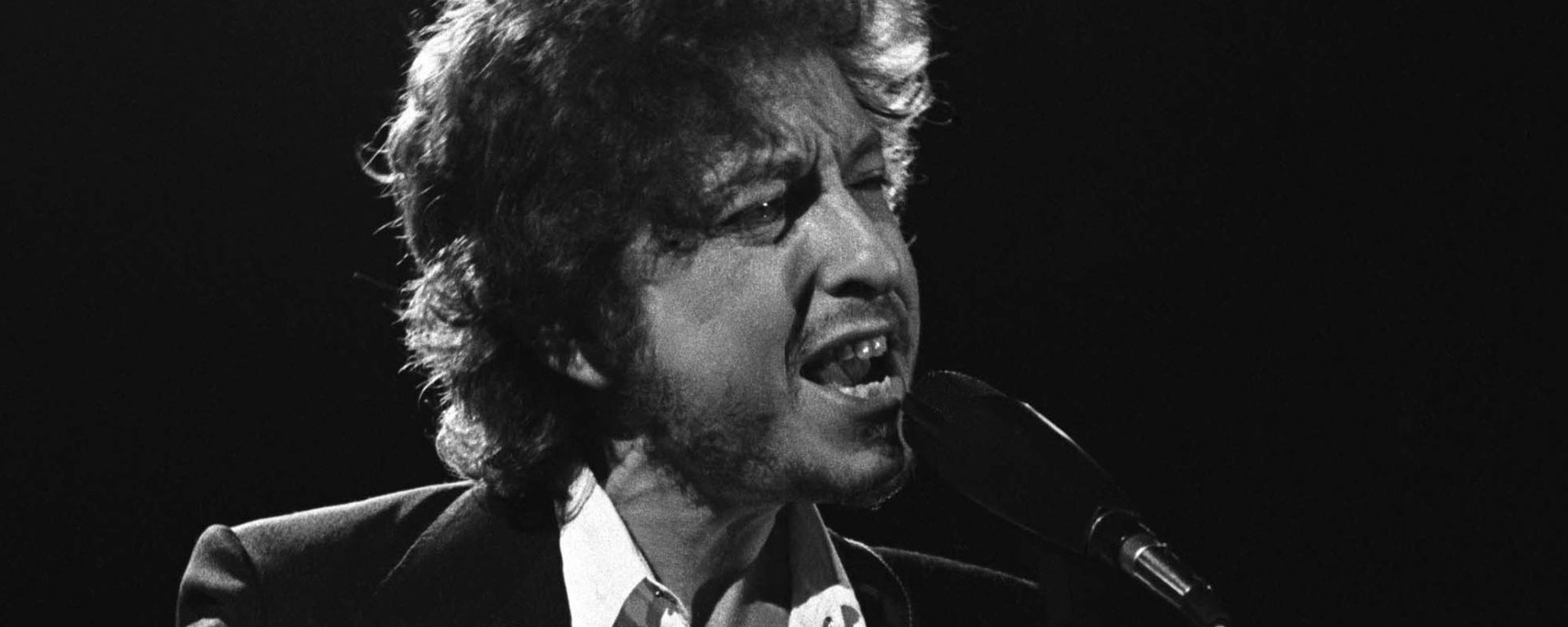
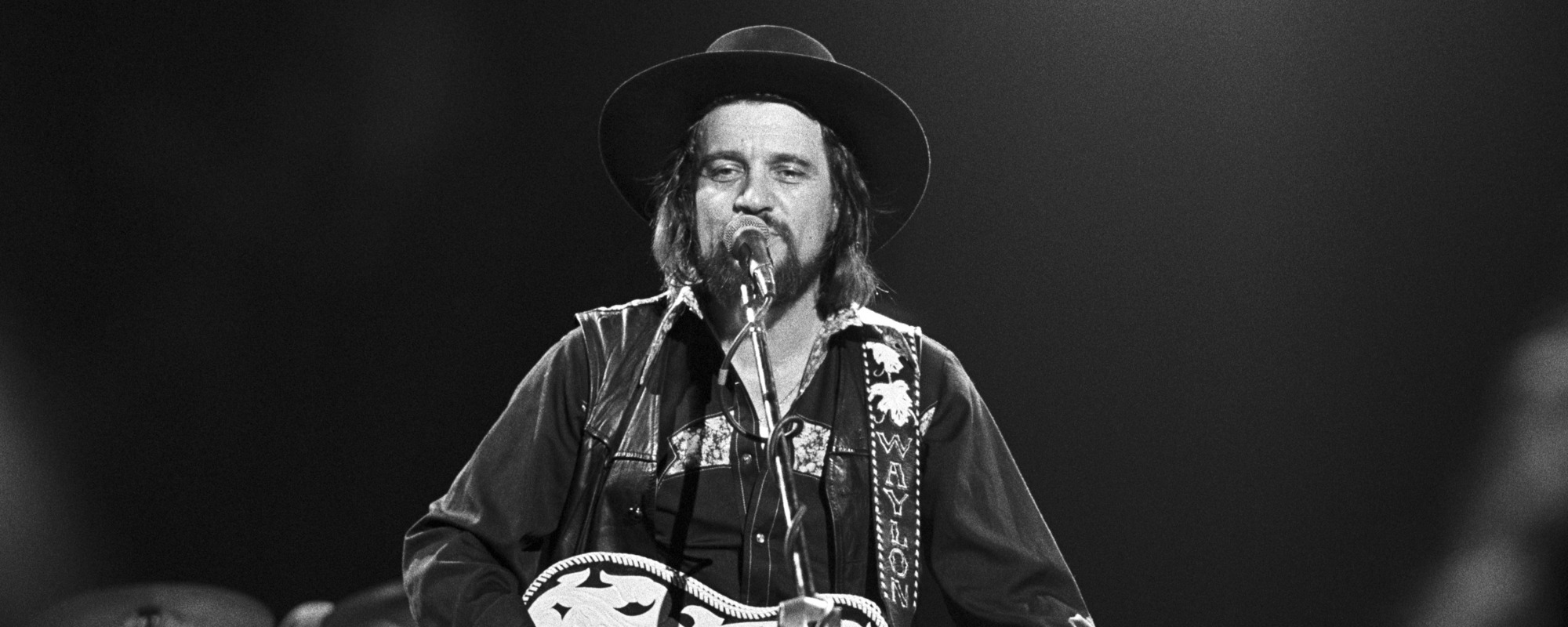
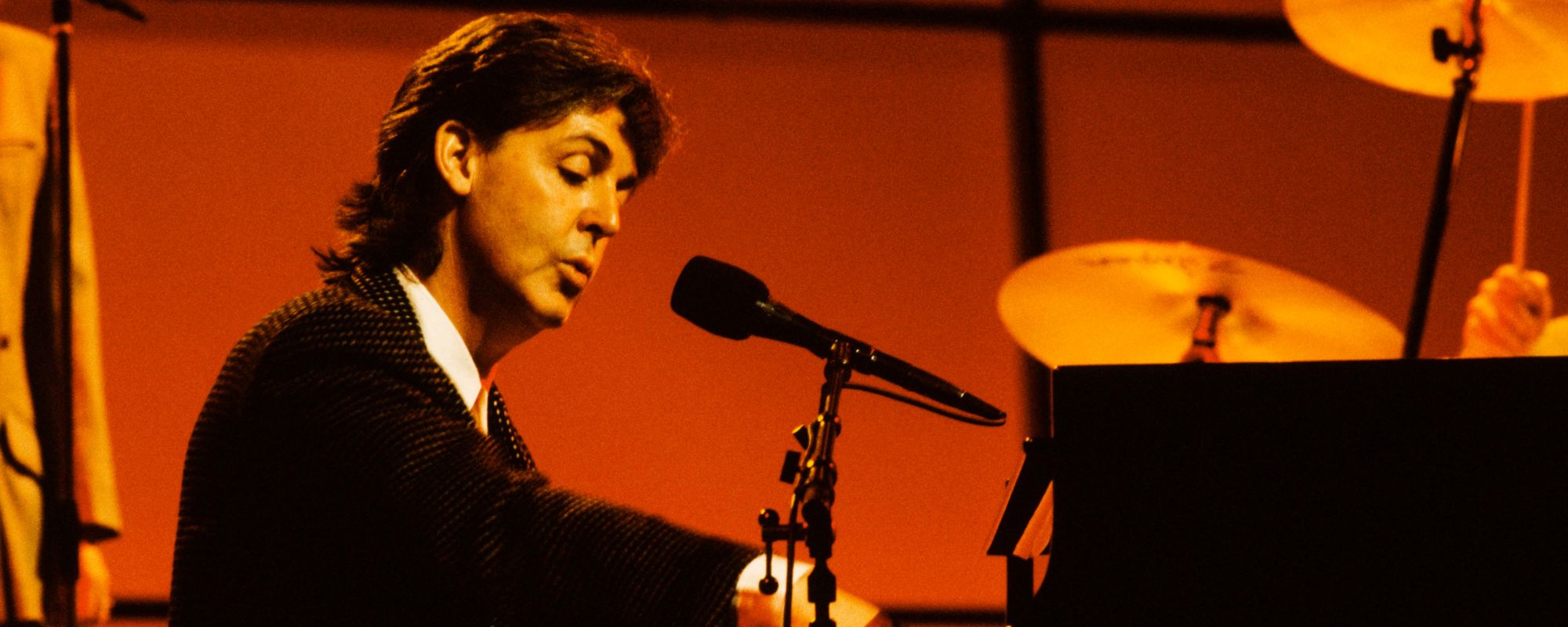

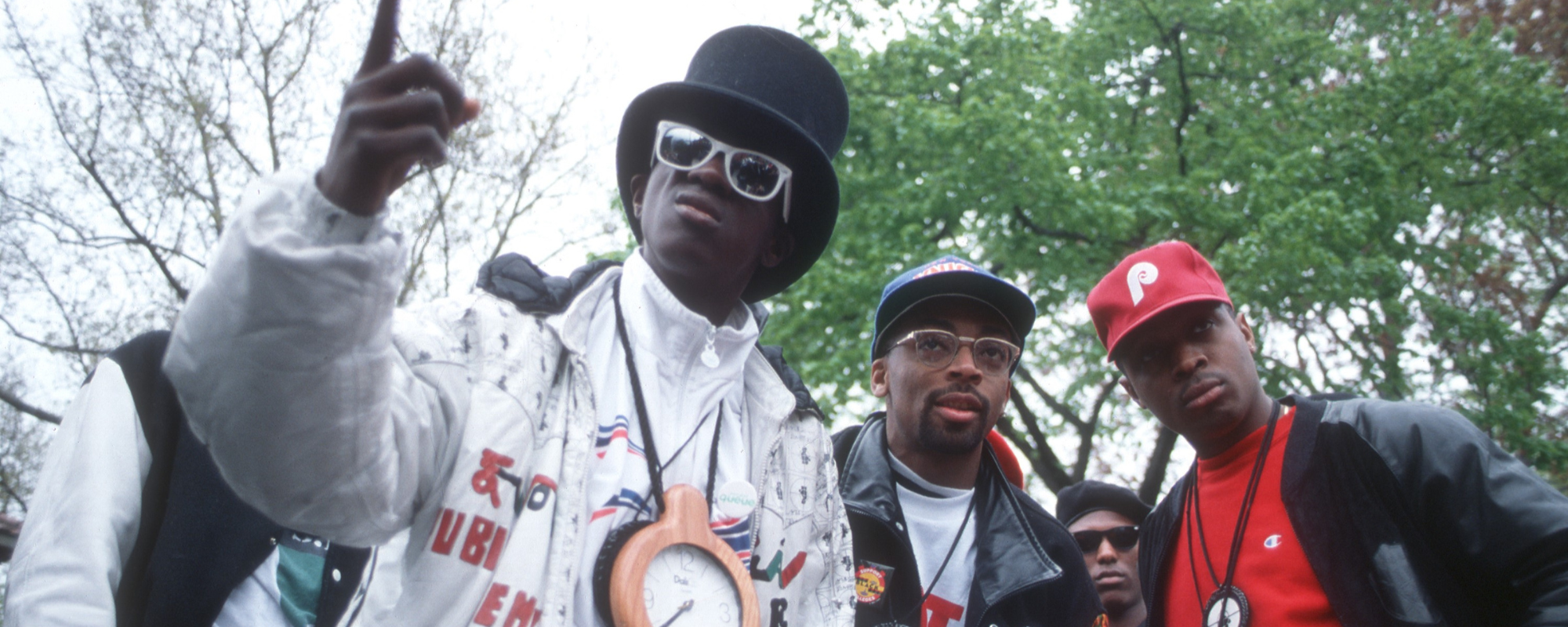

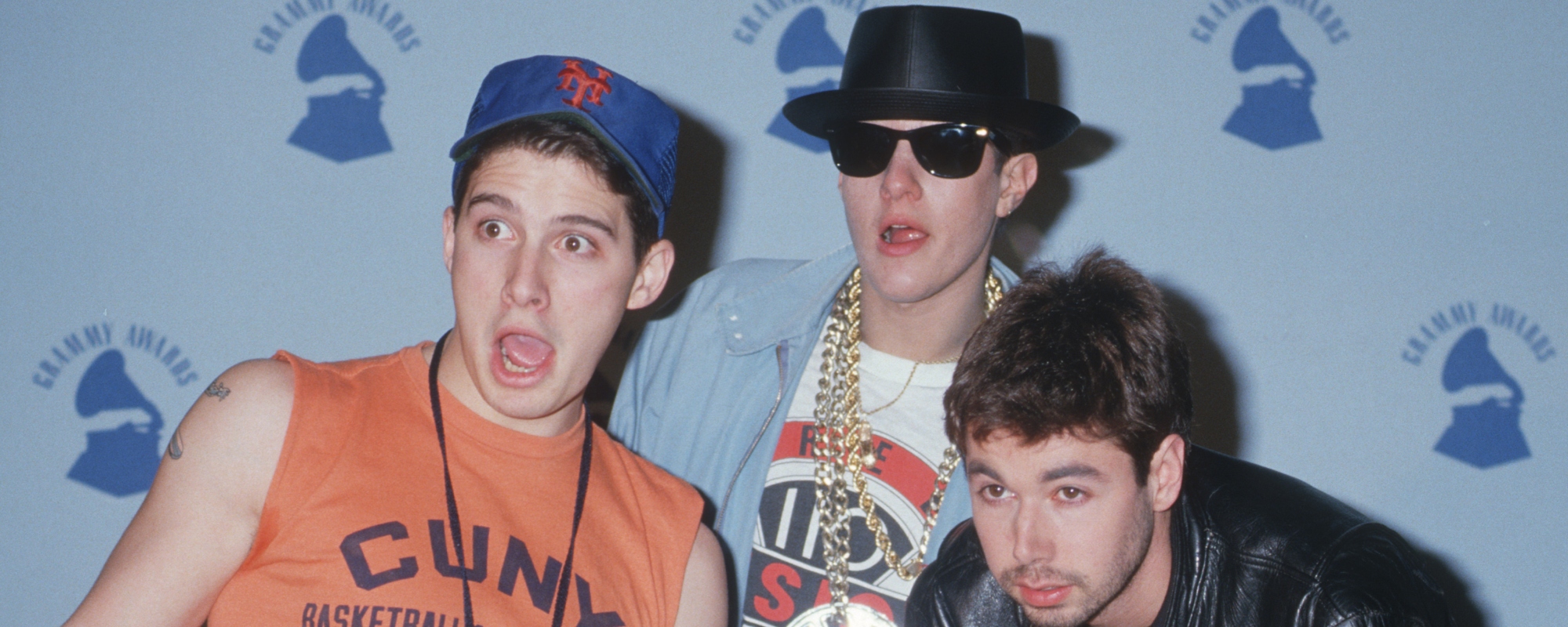

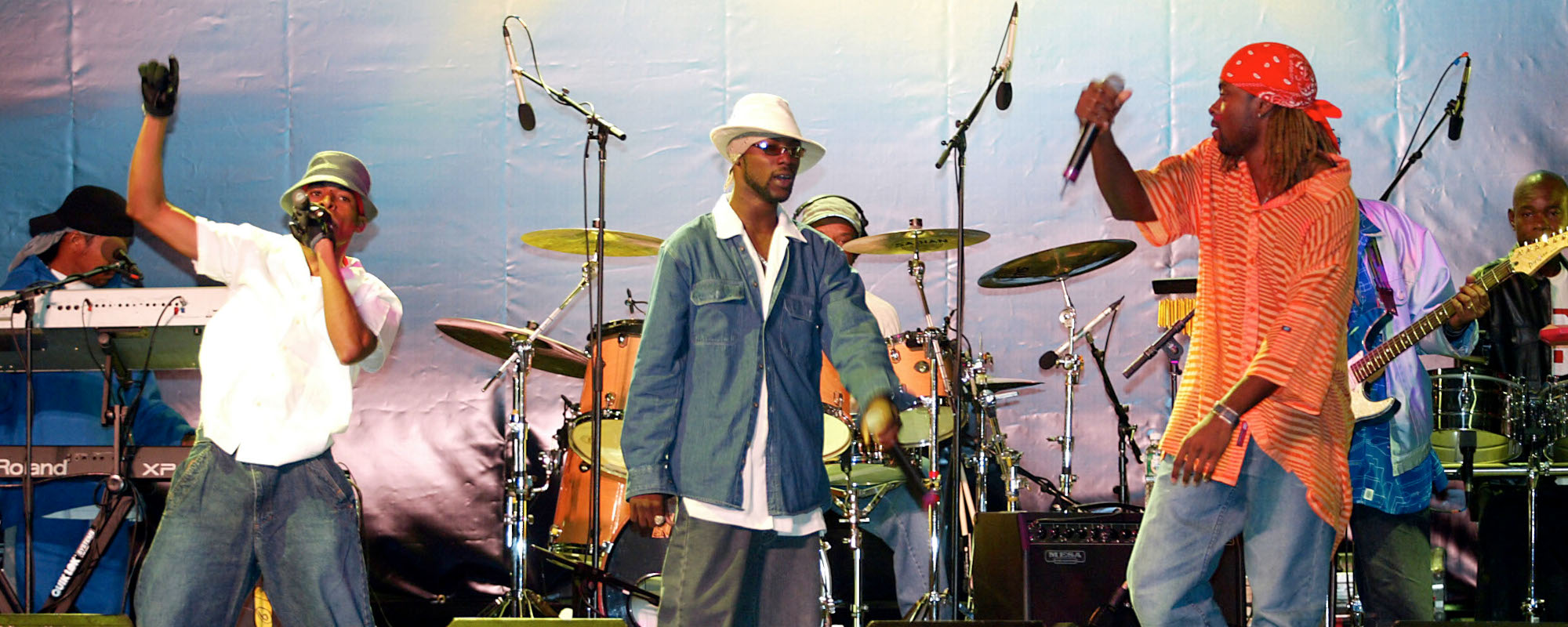

Leave a Reply
Only members can comment. Become a member. Already a member? Log in.